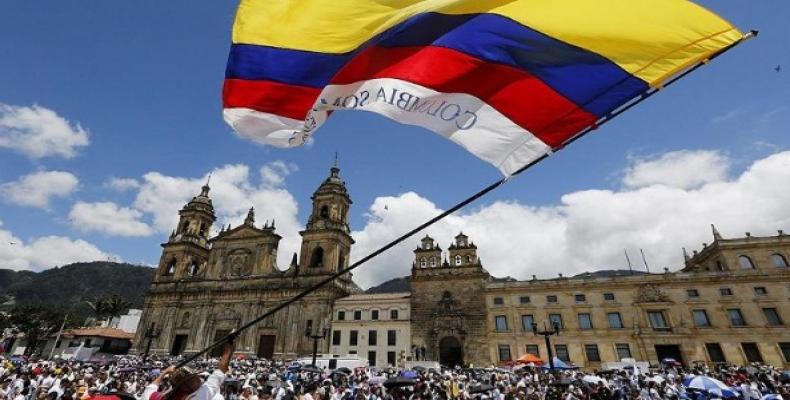Bogotá, November 4 (teleSUR-RHC)-- Colombia’s ongoing peace negotiations between the government and FARC rebels entered a critical phase on Tuesday as the two sides neared agreements on key issues that would pave the way for a bilateral cease-fire ending 50-years of armed conflict.
The new round of peace talks in Havana continues on issues of reparations for victims and reaching an end to the armed conflict.
The renewed peace negotiations come as the FARC has questioned whether the entire peace process might collapse in the face of a resurgence of paramilitary activity and threats that undermine the FARC’s unilateral ceasefire. The group says the two issues are major challenges to overcome if the negotiations are to stay afloat and achieve peace.
“Paramilitarism and harassment of the unilateral ceasefire decreed by the FARC are manifestations of the warmongering view ingrained in the official armed forces and are a major cause of confrontation,” FARC spokesman Marco Calarcá wrote in a statement on Monday. “Now in times of constructing peace with social justice through dialogue they set the two main obstacles to overcome in the talks.”
Colombia’s Broad Front for Peace warned of possible threats to the peace process due to “dangerous trends,” particularly “the increasing presence of paramilitaries and increasing troops.”
Representatives of the Broad Front for Peace will travel to Havana during this round of negotiations to help ensure the current unilateral ceasefire, launched by the FARC on July 20, does not break down in the face of these threats, recently condemned by the FARC.


